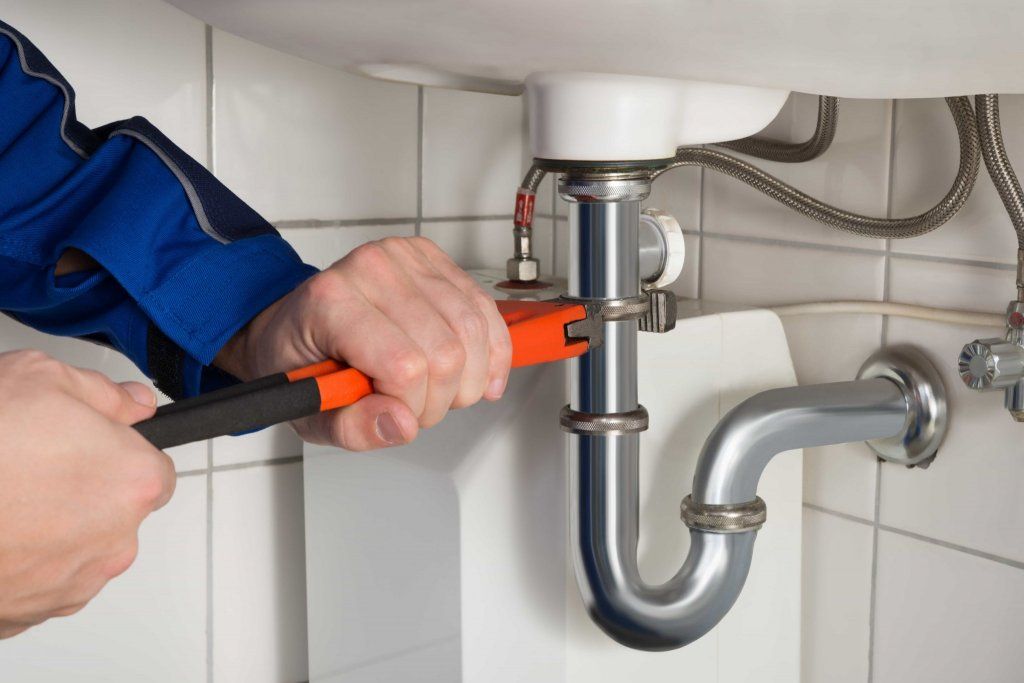Water Heater Maintenance in Cold Weather
Preparing your plumbing for the winter is an important part of homeownership that you should make sure to be ready for. If your plumbing does not get the maintenance and attention that it needs, then you may quickly find that cold weather can cause serious problems. When plumbing is properly installed and cared for, you can get through even the coldest winter without worrying about issues with frozen pipes, splits in your plumbing, or unreasonably high electric and heating costs because of lost heat.
We put together this quick how-to guide in order to face the winter with confidence, knowing that you have done all that you need to do in order to give your plumbing the care that it needs to stay reliable and cost-effective. If you are not sure about how to do any of this maintenance yourself, or if you believe that there may be other issues with your water heater, contact our team as soon as possible. We will be happy to schedule a visit to your home, discuss service options, and make sure that you have hot water and well-cared for plumbing through the cold months.
Insulate Your Water Heater
One of the easiest and most important techniques for getting the life and reliability out of your hot water heater that you expect is by insulating it properly. Without the right insulation, both directly on your heater as well as your boiler room and hot water pipes, you will be wasting precious energy to combat heat loss, which translates directly to higher utility costs and a reduced life for your heater.
When a hot water system is properly insulated, the heated water can retain its temperature longer, and your hot water heater will have to work less to get the returned water up to temperature. Give your entire hot water system a close look and address any and all insulation needs.
Check Your Valves

Plumber Repairing Valves
Your hot water heater has a Temperature and Pressure Release valve (TPR valve) that, when properly functioning, maintains the pressure in your tank to ensure that it is neither too high or too low to maintain steady and efficient water temperature. If your hot water tank has a faulty or worn TPR valve, it may have unnecessarily high pressure which can drastically reduce the lifetime of your tank.
Check your TPR valve by disconnecting your heater from the power source, turning off the water supply, and lifting the tab on the valve (don’t forget to put a bucket under the valve!) to let some water out. A well-functioning TPR valve will allow water to flow freely when the tab is engaged, but will not leak after you return the tab to the “closed” position.
Check Your Thermostat
By lowering your thermostat you can get the double benefit of lowering your heating costs and prolonging the life of your hot water heater by letting it work a bit less. According to studies by the U.S. Department of Energy, every 10º adjustment to your hot water temperature translates to a 3-5% difference in your heating costs. Energy.gov suggests keeping your thermostat at 120º for the winter for noticeable benefits.
Flush Your Hot Water Tank
No matter what type of water your home is supplied with, or how well your filtration systems are, you can be certain that your hot water tank will accumulate sediment over a long enough period of time. While sediment buildup in your hot water heater is inevitable, it does not mean that you have no hope of combating it.
Routinely draining your hot water tank and flushing it with fresh water will force out the sediments that have built up since your last flush, and will improve heating times and the life of your heater so that you can keep relying on having hot water through the winter and beyond.
Call a Plumber
If you are uncertain about the condition of your hot water heater, want to make sure that your hot water system gets the right maintenance and care, or if you just want to make certain that you have taken all of the proper steps to keep your plumbing in great shape through the winter, contact us now. We will be more than happy to talk about your home and your plumbing system and get a better idea of how we can give you the support that you need.











